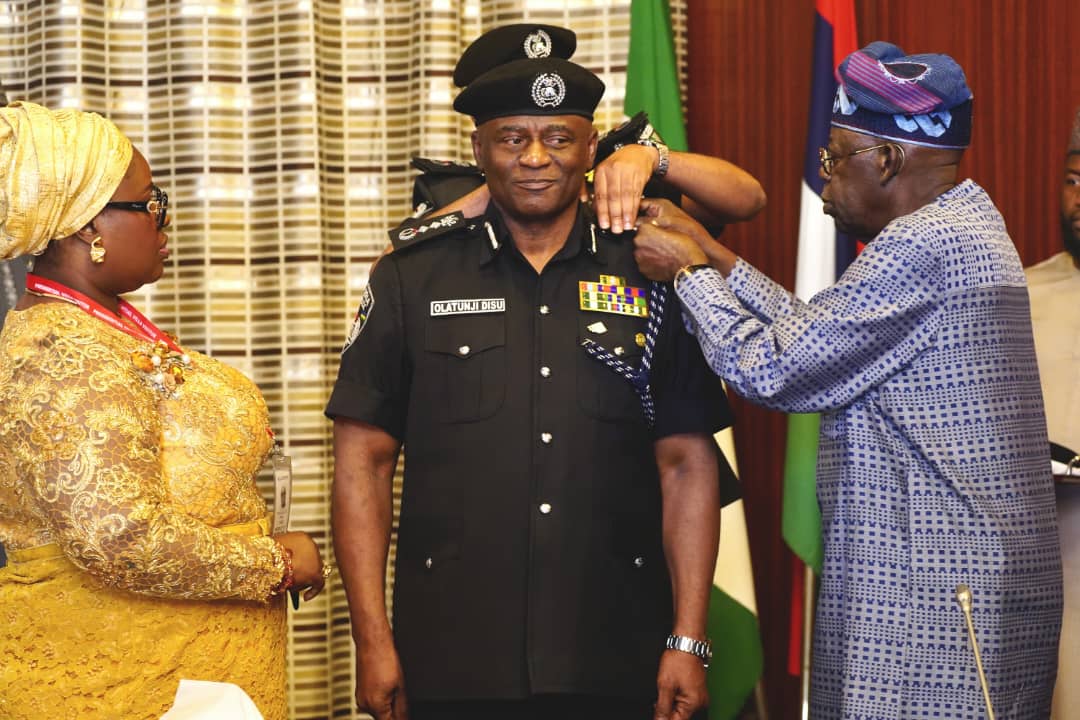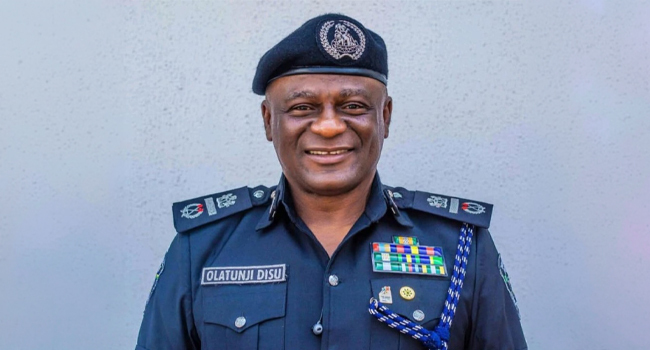… Says it’s tool to punish media houses, internet users, bloggers, opposition voices, critics of govt. policies
Ahead of the scheduled Public Hearing on the Social Media Bill on March 9 at the National Assembly, the Action Group on Free Civic Space (AGFCS) has rallied Nigerians against the bill, describing it antithetical to the tenets of democracy and media space.
The group representing about 85 organizations also said the bill would shrink democratic space and against the prevailing mood of the country.
“The Action Group on Free Civic Space says a big NO to this bill and urges the Nigerian Senate to reject this bill in its entirety.
“Doing so is not only in public interest, but also promotes an enabling environment for citizens to freely engage governance in democratic conversations,’’ a statement said.
Known as the ‘Protection From Internet Falsehoods, Manipulations and Other Related Matter Bills, 2019 was introduced in November 2019. for public hearing on March 9, 2020.
The bill is scheduled for a public hearing on March 9, 2020 having scaled the first and second readings in the House.
In addition, AGFCS insisted that the provisions of the bill run contrary to the constitutional guarantee of free speech and fair comment protected under national laws.
“Citizens are generally entitled to fair comments in public and private discourses on matters of national importance and public interest.
“The right to fair comment is concomitant to the right to free speech guaranteed under Section 39 of the Nigerian Constitution,’’ the group said, urging democrats in the House to throw out the obnoxious and draconian bill.
“We urge “concerned Nigerians’’ to rise to the occasion and prevail on the “distinguished members of the Nigerian Senate’’ to protect and defend the constitutionally-guaranteed rights and freedoms of citizens by throwing out the bill.’’
Pointing out the landmines on the path of Nigerians and the media, the group said:“ In light of a steadily shrinking spaces for civic engagement in the country, the SMB, if passed into law, could easily be wielded as a tool to punish media houses, internet users, public officers, bloggers, social media influencers, opposition voices, and critics of government policies whose democratic expressions and activities are likely to be criminalized on the basis of ‘diminishing public confidence in the government’ performance of its functions espoused in Section 5 (2f) of the bill.
“In light of the above well-founded fears, the Action Group on Free Civic Space, says a big NO to this bill.’’
It added:“On the face of it, the Social Media Bill is promising to prevent the transmission of false statements/declaration of facts in Nigeria.
“However, numerous provisions of the bill disclose intentions that have enormous potential to not only stifle constitutional freedoms but also, crush civil liberties.’’
AGFCS noted that the bill is reproducing rules and regulations already covered by existing laws such as the Cybercrime Act 2015, Terrorism (Prevention) Act 2011, Penal Code, National Human Rights Commission Act, etc.
While insisting on the need to choke off the bill, it pointed out that there are numerous law enforcement mechanisms for curbing cybercrimes, “hence there is no need to replicate this function’’.
“The language used in framing offenses is overbroad with the potential to criminalize vast swaths of honest expressions, services, and conduct.
“The bill’s blanket criminalization of various forms of declaration of facts presumed to be false, runs afoul of constitutional guarantees of free speech and fair comment protected under the constitution and several national laws cited above.
“The SMB is also replete with vague phrases framed around the protection of national security, public health, public safety, public finances, bilateral relations with other countries or influencing the outcome of elections to any office and so forth.
“Further aggravating the situation, the interpretation section of the bill is silent on the definition of these (underlined) terms. The language equally used in framing offenses in the bill is overly broad that any legitimate, honest expression during a social discourse can be easily stretched to come under the ambit of the stipulated offenses.
“Where the benchmarks for measuring compliance or violations are missing and, power to determine offense is at the subjective discretion of law enforcement agencies as reflected on the bill, we are afraid that the legal provisions could be prone to abuse, especially by interpreting or applying them beyond the original intendment of the law in order to justify crackdowns on civil society, including targeted attacks on activists, journalists, bloggers, and civil society organizations.
“We make bold to state that a number of law enforcement agencies are statutorily mandated to tackle cybercrime.
“They include the Cybercrime Advisory Council, the National Computer Forensic Laboratory, the National Computer Emergency Response Team (CERT) Coordination Center and the National Human Rights Commission (NHRC),’’ the group stressed.
It advocated that the capacities of existing law enforcement agencies should be strengthened by equipping them with adequate and necessary infrastructure and resources to carry out their duties instead of enacting new laws and creating new mechanisms with overlapping regulatory functions.
The group accused the government of intolerance of criticisms and opposition, saying about 279 cases of clampdown of human freedoms in Nigeria have been recorded from 2015 till date.
“About 75 incidences have been recorded of journalists arrested and assaulted on account of their journalistic duties, nine media houses (DailyTrust, Premium Times, AIT, Fresh105.9Fm Oyo State, Breeze 99.9fm Nassarawa State, etc.) attacked for publishing and airing content critical and exposing of government activities.
“About 21 activists and 20 internet users were arrested for expressing dissenting and critical opinions of government’s activities on their social media platforms.’























Leave a comment